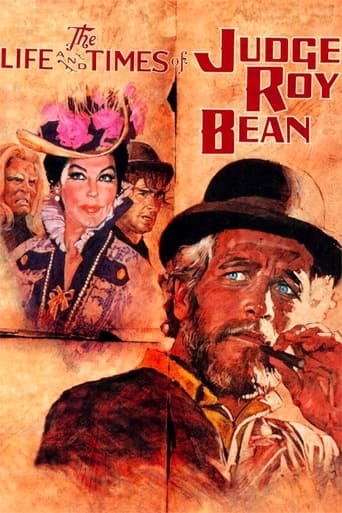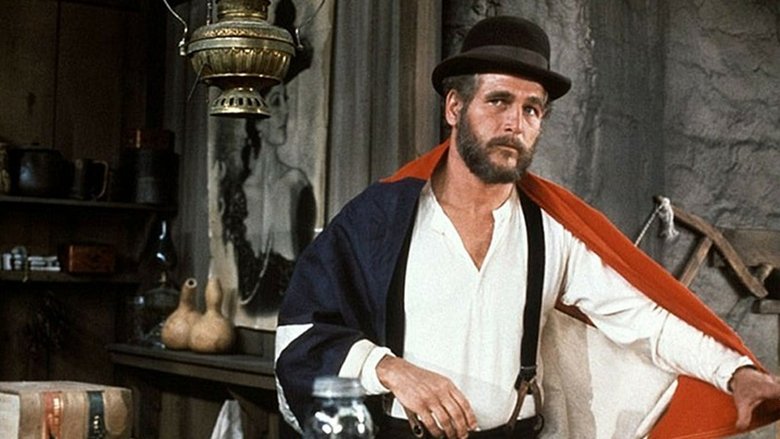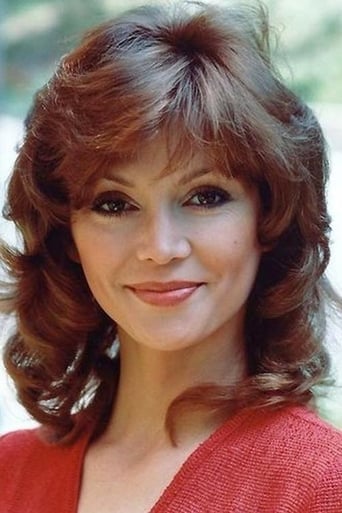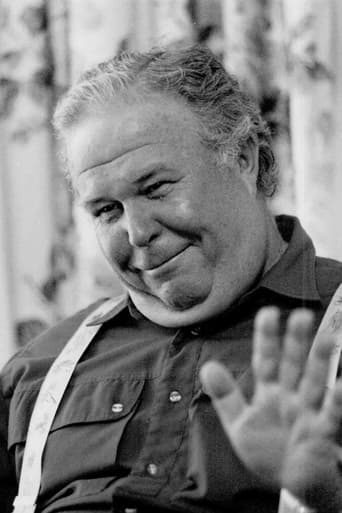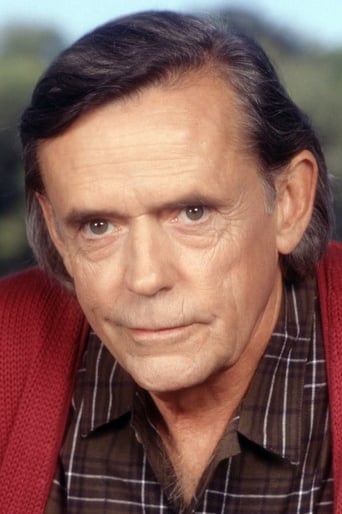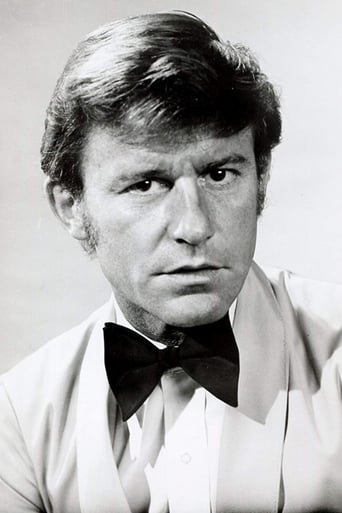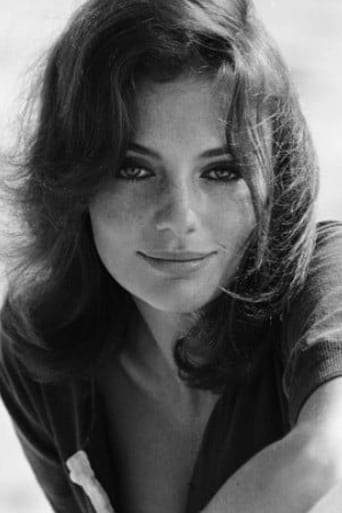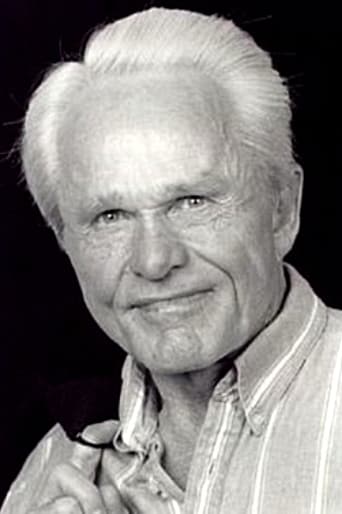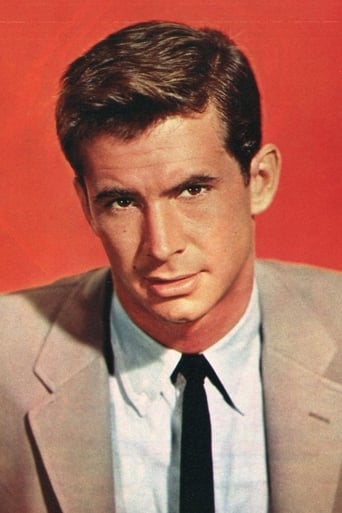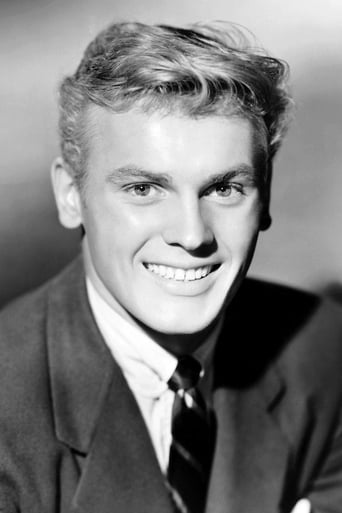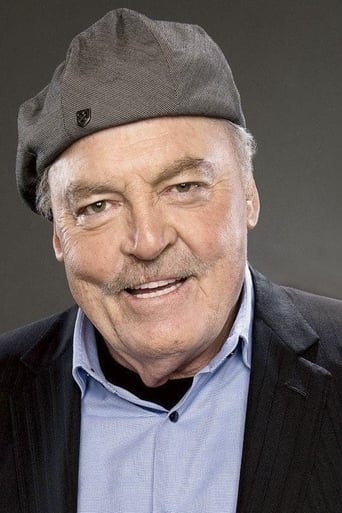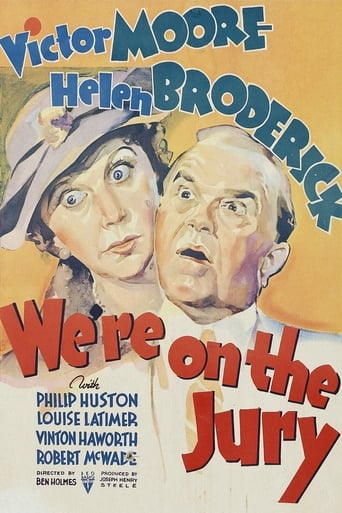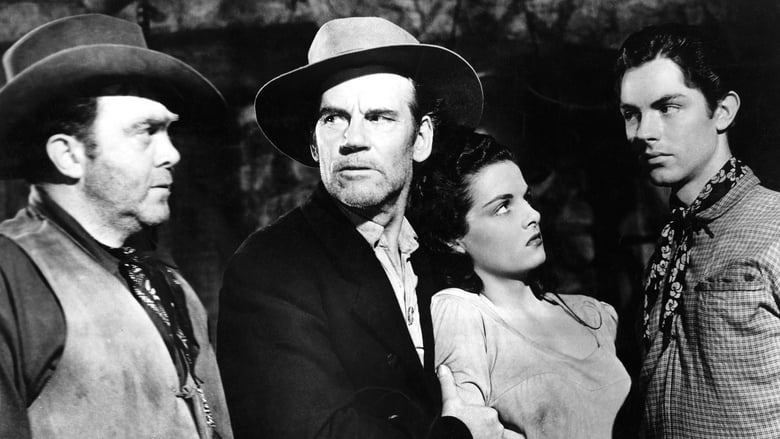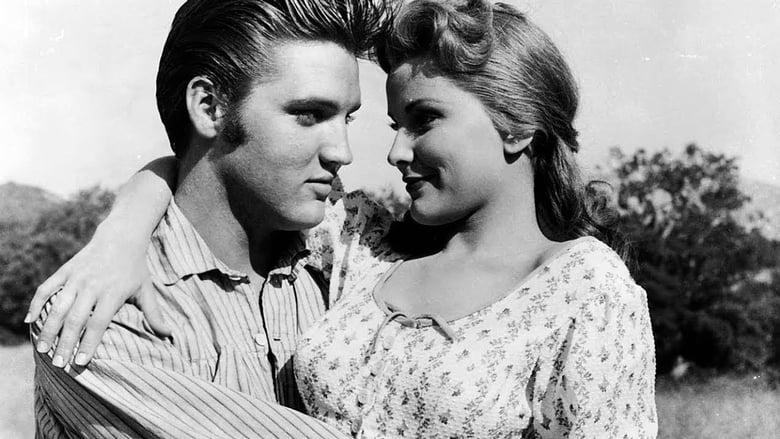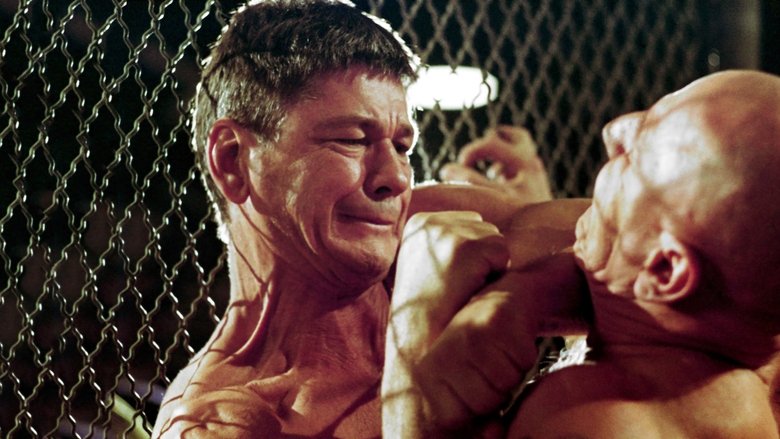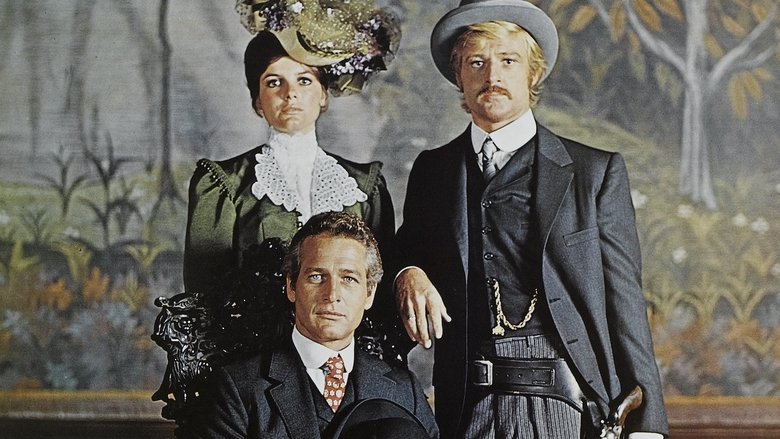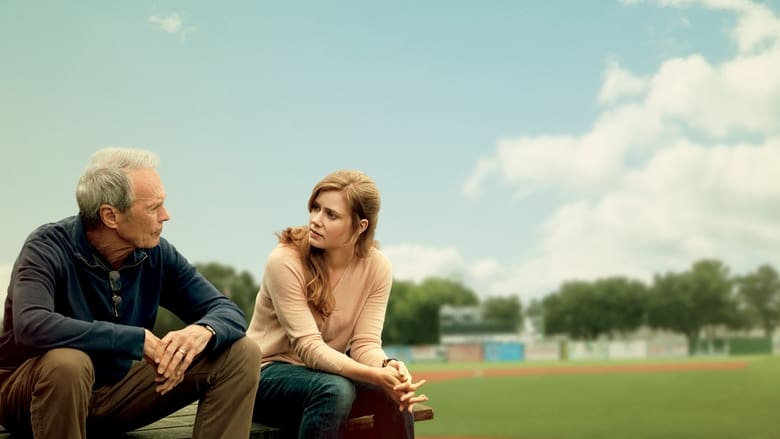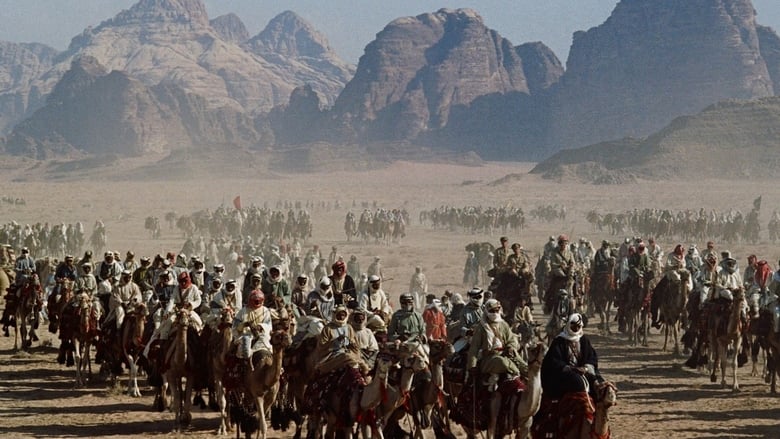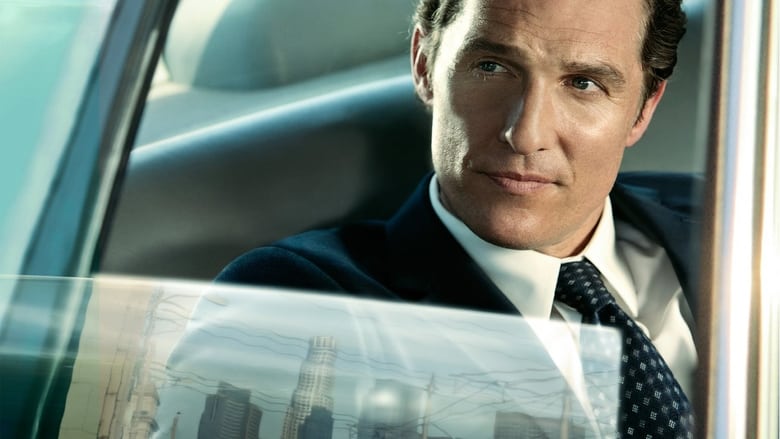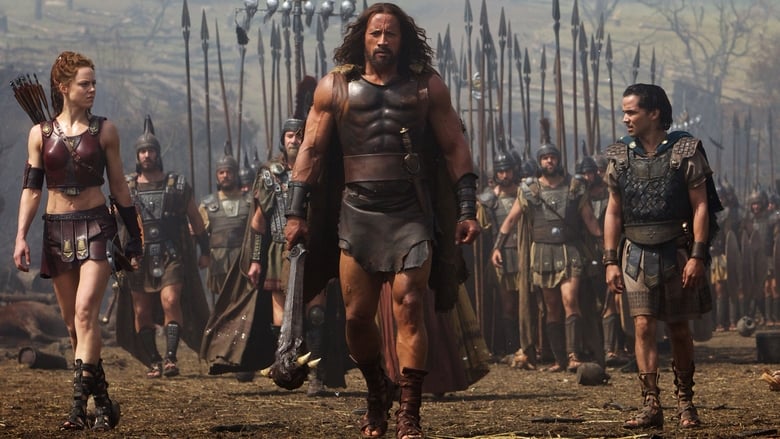Outlaw and self-appointed lawmaker Judge Roy Bean rules over an empty stretch of the West that gradually grows, under his iron fist, into a thriving town, while dispensing his his own quirky brand of frontier justice upon strangers passing by.


Similar titles
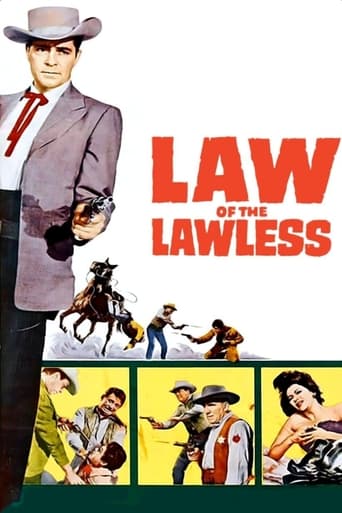
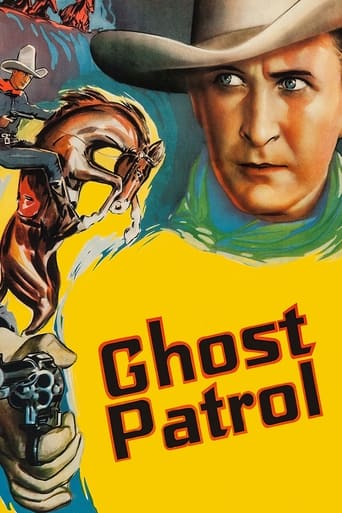
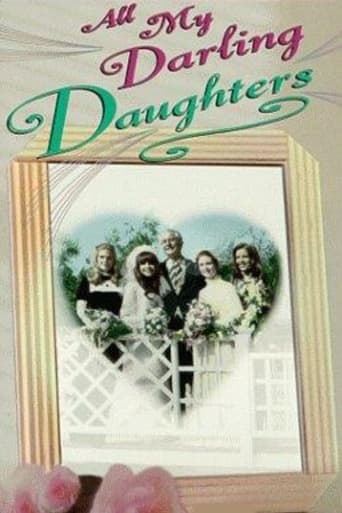
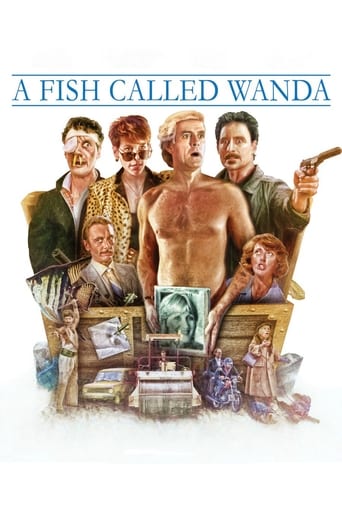

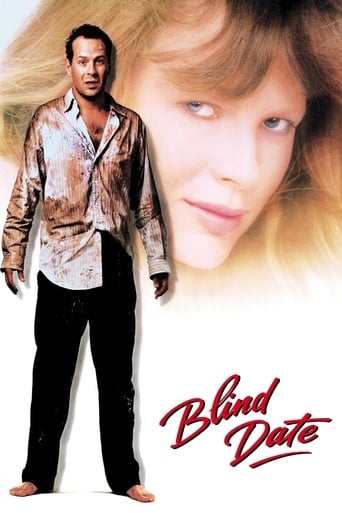
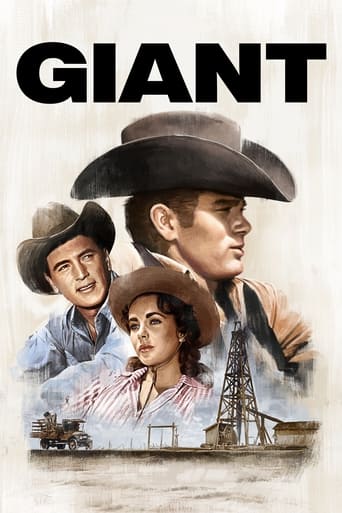
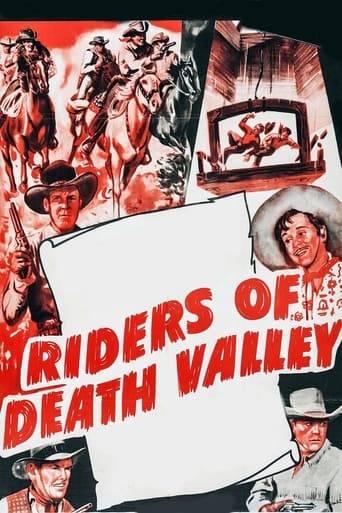
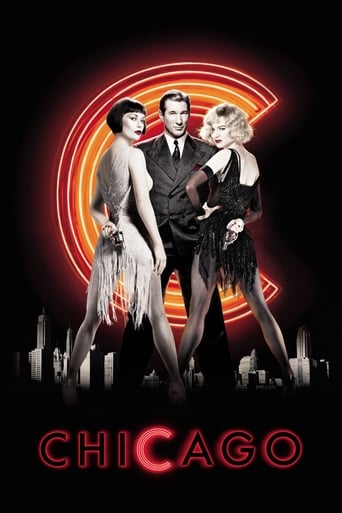
Reviews
An outlaw named Roy Bean appoints himself the judge in a small West Texas town called Vinegaroon, which he renames Langtry in honour of his favourite actress, Lillie Langtry. He also owns the local saloon, The Jersey Lily, which doubles up as his courtroom. He proceeds to dispense his own brand of frontier justice with the aid of his beautiful Mexican mistress Maria Elena, his pet bear and a band of outlaws-turned- deputies, proclaiming himself "the law west of the Pecos", although he has no legal qualifications and has never officially been appointed as a judge. (According to the film, in the late nineteenth century the Pecos River marked the border between civilisation and barbarism; only "bad men and scorpions" lived beyond it). Although Bean acquires the reputation of being a "hanging judge", his rule is welcomed by the townspeople who prefer his version of law and order to no law and order at allRoy Bean was a real-life character, and he really did appoint himself judge in Langtry and dispense justice from the bar of the Jersey Lily saloon. (He was, however, later formally appointed a Justice of the Peace, something never mentioned in the film). It is unlikely that he was as obsessed with Lillie Langtry as he is portrayed here; the town of Langtry was not named after the actress and it is probable that Bean only named his saloon after her because the town already had that name. Maria Elena is a fictional character and there is no evidence that Bean ever had a pet bear. The main part of the film is therefore based on historical fact, albeit only loosely so.The concluding scenes, however, are pure fiction. The action leaps forward from the 1890s to the 1920s. In reality Bean (born in 1825) was considerably older than the character portrayed by Paul Newman (probably born around 1850) and died in 1903. Throughout the twentieth century Langtry has never been anything other than a small village. In the film, however, Bean survives into the Prohibition Era, by which time an oil strike has turned Langtry into a boom town, controlled by a crooked mayor named Frank Gass and his corrupt police force, in league with the gangsters running the illegal liquor trade. Together with his former companions and his daughter Rose, Bean resolves to clean up the town.The ruthless outlaws of the West- Butch and Sundance, Jesse James and Billy the Kid- , as well as dubious characters like Roy Bean, have frequently been portrayed in the cinema and other media as romantic heroes. The gangsters of the twenties and thirties are almost never romanticised in this way- I can't really envisage a "Life and Times of Al Capone"- although the lawmen who fought them, like Eliot Ness, sometimes are. By transporting Bean (unhistorically) from the Old West to the Roaring Twenties, with an entirely fictionalised Langtry standing in for Chicago, to take on the bad guys of that era in a shoot-out, it struck me that writer John Milius and director John Huston might have been making a sardonic comment on American popular culture's often contradictory attitudes to the country's past. The lyrical scene in which Bean romances the lovely Maria Elena (played by a young, pre-"Dallas" Victoria Principal) has been criticised as out- of-place, but to my mind it is in keeping with the generally odd mood of the film, especially as the bear plays a prominent part. It was probably inspired by a similar (if bear-free) scene in "Butch Cassidy and the Sundance Kid", although the accompanying song, "Marmalade, Molasses and Honey", has never entered the popular imagination in the same way as "Raindrops Keep Falling on My Head". (It did, however, gain a "Best Original Song" Oscar nomination). The film was made in 1972, midway between what are perhaps Newman's two best-known films, "Butch Cassidy and the Sundance Kid" and "The Sting". In all three movies he plays a character who is, in one way or another, on the wrong side of the law. Butch is an outlaw, Newman's character in "The Sting" is a conman, and Bean has effectively arrogated judicial power to himself, without any legal authority to do so. All three, however, come across as basically sympathetic- certainly more so than their enemies- largely because Newman throws himself into these roles with such enthusiasm. His persona here is rather different to the cool, detached outsider which was his more regular screen identity. "The Life and Times of Judge Roy Bean" is often described as a "comedy Western", but unlike, say, Mel Brooks' "Blazing Saddles"; it is not a spoof or parody of the traditional Western. It is a comedy in the sense that it is fairly light-hearted in tone, although given Bean's liberal use of the death penalty and his readiness to reach for his gun at the slightest provocation, the comedy is often rather black. Like many Westerns it takes some quite fearful liberties with historical fact, but it ends up as a portrait of the Old West not as it was but as we might have wanted it to be. 7/10
One of those feel good movies that you just have to have in your collection. Much like Trains, Planes and Automobiles or Chitty Chitty Bang Bang (can't believe Ian Fleming wrote that as well as James Bond) and another Paul Newman classic Slap Shot. Who cares if they aren't classic Gone with the Wind or Longest Day type movies. They are feel good movies. I can never forget all of the classic scenes in this movie, particularly those that include albino Bad Bob: riding into town, drinking boiling coffee right out of the can from the fire pit and eating an onion straight out of the dirt. Then getting a shotgun hole blown through him from the back in a "fair fight" ha ha. Too many funny memorial scenes. A Newman and cast classic.
Roy Bean, a notorious outlaw rides into a small town in west Texas, where the arm of the law does not reach. After he is beaten and robbed, Roy Bean retrieves his gun with the help of Maria Elena, a local who takes a liking to Bean. He then proceeds to shoot everyone, and take control of the town. When a local preacher stops by, Bean decides he is now a Judge, and they bury the dead men. Then Bean sets up a courthouse and hires a couple deputies, where he transforms the dusty town into a fully functioning town.Bean names the town Langtry, after the object of his dreams, eastern stage actress Lillie Langtry. Then one day, a man named Gass comes by, and asserts that he owns the land Bean is ruling over. Bean proceeds to put him in a cage with a bear and have Gass feed the bear beer. Bean decides to let Gass live, but this action has it's consequences. Gass begins to undermine Bean using the local female populace, and soon Bean finds himself in a tough spot.I'll make one thing clear, this is a strange film. It is eccentrically comedic in the first half, and very dramatic in the second. I know little about the real Judge Roy Bean, but I doubt his life was as strange as this film. In the paragraph, I made the plot sound almost like a thriller, which it definitely isn't. So what is it then? I truthfully have no idea. This film should not work, the comedic first half becomes dramatic in the second, and the film's pace is all over the place.It works though. Huston pulls a fast one on you, using the first half to get you to like the characters, and then making you root for them in the second. It's certainly strange, but the result is a flat out masterpiece. I don't mean masterpiece in the technical sense, the film has flaws. But somehow, I was completely oblivious to them. Perhaps it was the performances. Paul Newman turns in some of his best work ever as Roy Bean. The character sparkles with wit and determination. He makes you like this man so much that when the last twenty minutes come up, you are firmly on his side.He plays against type, but Newman does it with ease. It's an excellent performance. In supporting roles, Anthony Perkins, in his one scene as a priest is absolutely wonderful. His character is such a contrast to his role in Psycho, that soon that comparison leaves your mind as quickly as it came to it. There is a scene when he is talking to Newman about where to put a woman he wants to live with. Perkins uses the Bible to keep her from hearing what he is saying. I don't know why, but I found it hilarious.Also good is Victoria Principal. She doesn't match Newman, but she is still quite good. Ned Beatty turns in a good performance, to be fair he doesn't have much to do. John Huston and Stacey Keach both have one scene, and they make they best of it, turning in great comedic performances. Roddy McDowall plays the villain Frank Gass, and does it with ease. Jacqueline Bisset isn't as good as she was in Under the Volcano, but she was still good here.Finally, as the coveted Lillie Langtrey, Ava Gardener turns in a virtuoso performance. To be fair, she is only in one scene, but the build up she gets is off the charts, and she matches it deftly. You can tell Huston picked Gardener himself, he wrote her debut film The Killers in 1946. As the aging Langtry, she is perfect for the role. And she doesn't disappoint. The screenplay by John Milius is excellent, as it somehow manages to balance the eccentric first half with the more dramatic second. The score by Maurice Jarre is a big highlight, especially for me. I've always found that Huston has a lot of scores in his films that, for lack of a better word, are really quite awful. However, here the score is just excellent and the song that was written for the film also fits in well. The sets are beautiful and capture the legend of the west well.The cinematography is terrific, and the scene where Newman and Principal take a walk at sunset is almost as beautiful as anything in Days of Heaven. I found the films tone to be quite satirical. The film is an unabashed western, and it doesn't mind exploiting all the typical traits of the genre for comedic purposes. There are no gunfights, but there is a set up to one, and it fails hilariously.The direction by Huston sparkles with wit and humanity. By that I mean that despite all that occurs by the end you feel quite good indeed. I have often criticized him for being too laid back, but here the exact opposite occurs. The direction feels laid back, but in the way of a master cruising towards something he knows he'll achieve. However, that's not to say the film doesn't have flaws.It goes on for a little too long, Newman's obsession with Lillie Langtry is never explained and the character of Gass seems a little too patient.However if you are willing to overlook these flaws, as I was, you'll be in for a fun ride, straight through to the end.The Life and Times of Judge Roy Bean, 1972, Starring: Paul Newman, Victoria Principal and Ava Gardner, Directed by John Huston, 8.5/10 (A-)(This is part of an ongoing project to watch and review every John Huston movie. You can view this and other reviews at http://everyjohnhustonmovie.blogspot.ca/)
In "The Life and Times of Judge Roy Bean", the Judge (Paul Newman) hangs dozens of men and develops quite a reputation for his strange and violent form of justice. In reality, Bean WAS famous for his odd sentences and occasional disregard for the law, but only one man was ever actually hung by the judge! In many, many other ways, the film takes HUGE liberties with history--and the story of Bean is only a shadow of the real man. So if you are looking for a history lesson, look for some other film! Aside from the bad history, this film struck me as the product of a schizophrenic writer! Parts of the movie were quite funny--followed by LONG deadly serious parts. And, near the very end of the film it became a completely different film altogether--a terrible action pic. If not schizophrenic, it sure looked as if three different writers were given three portions of the film and never consulted with each other!! It's a real shame, as the first half (or so) of the film is quite good--fun, silly and engaging. The last half is maudlin, slow and, in parts, simply awful. The worst is when, completely out of the blue, Bean (who'd simply disappeared for much of the film--and the period was to have been 20 years) just suddenly shows up and behaves like Rambo!! Where did THIS come from and whose idea was this?! As a result, all the good of the first portion of the film is simply flushed away--and completely wasted. All in all, a thoroughly frustrating and wildly uneven film.A few notes about the film. Some of the comments early in the film about minorities (in the scene with Tab Hunter) are bound to offend--hold on to your seat! The film's director, John Huston, makes a small cameo as 'Grizzly' Adams--and it's a VERY odd cameo indeed. It's the first film of Victoria Principle--and she's oddly made up to look like a Mexican! Jacqueline Bisset is pretty much wasted in the film. Stacy Keach is almost unrecognizable as 'Bad Bob'--a funny portion of the film that, unfortunately, was too short and not enough.Also, after writing my review, I looked at the rest of the reviews. I was surprised how many of the folks gave this one a 10 considering how wildly uneven it was. Perhaps these votes were more votes for Newman--after all, he was an incredibly gifted actor--but the material in this film just didn't do him justice.
